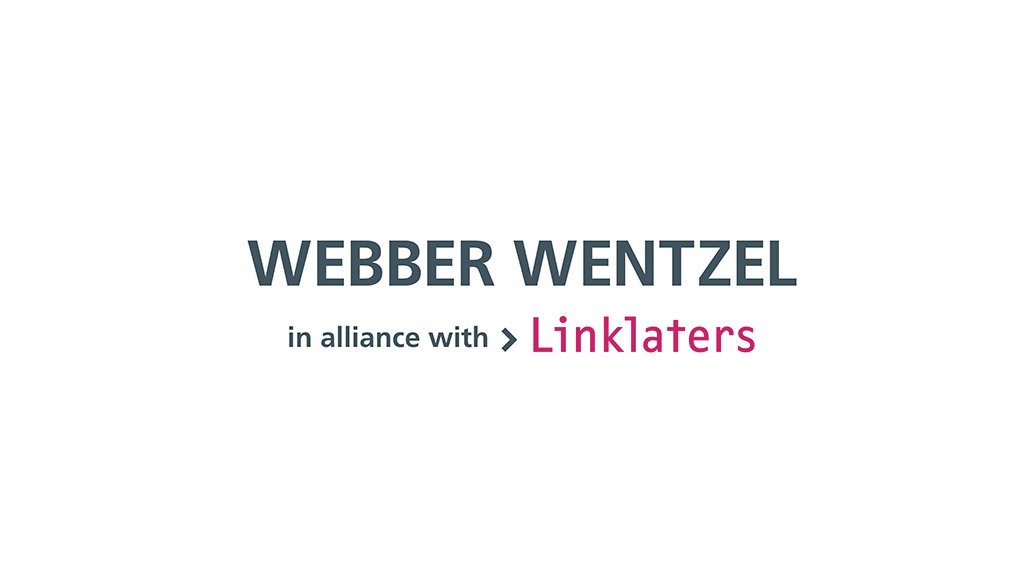December is around the corner, and malls and shopping centres will be bustling with festive shoppers, creating a lively yet crowded environment. With the surge in foot traffic, extended trading hours, and seasonal decorations, the risk of slips and fall increases significantly. Wet floors from summer rains, misplaced merchandise, and hurried shoppers all contribute to a spike in personal injury claims during this period, making this an opportune moment to revisit recent case law on liability allocation.
South African courts continue to grapple with the issue of legal responsibility when it comes to preventing injuries caused by slip-and-fall incidents in public spaces. The duty of care owed by mall owners and their appointed contractors remains a recurring point of contention, particularly in determining what constitutes reasonable measures to ensure shopper safety. This issue was recently brought into focus in the matter of Verna Mershall Manuel v Supercare Services Group (Pty) Ltd, which arose from an incident that occurred on 9 November 2016 at Zevenwacht Mall in Cape Town. The claimant slipped on a chip in a walkway and fractured her wrist. At the time, the mall was owned by Investec Properties (Pty) Ltd, managed by Broll Property Group (Pty) Ltd (property manager), and cleaned by Supercare Services Group (Pty) Ltd (cleaning contractor) under a service agreement.
The claimant alleged that both the property manager and the cleaning contractor owed her a legal duty to ensure the mall’s surfaces were kept free of hazards and that their failure to detect and remove the chip constituted negligence. She initially sued both parties but later withdrew her claim against the property manager, leaving the cleaning contractor as the sole defendant. This strategic decision proved fatal to the plaintiff's case, as it eliminated the party with primary responsibility for hazard detection.
The cleaning contractor argued that its responsibility for the detection and continuous monitoring of the premises for spillages was expressly excluded under the Master Service Agreement (MSA) it concluded with the property manager, which required it to clean spillages only when notified. CCTV footage showed that the chip fell just 15 seconds before the incident, and cleaners responded promptly thereafter.
The Western Cape Division of the High Court dismissed the claimant's claim, finding that the MSA was binding and excluded any duty on the cleaning contractor to monitor or detect spillages. The court held that the cleaning contractor could not be liable for failing to perform a duty it was not contractually obligated to undertake. It further noted that, given the short timeframe between the chip falling and the accident, no reasonable cleaning system could have prevented the incident. The court emphasised that the primary duty to ensure safety rested with the property manager and with the mall owner.
The appeal court examined whether the court a quo had erred in its interpretation of the contractual obligations and the existence of a legal duty. The appeal court confirmed that the deeming provisions in the MSA were effective and that the cleaning contractor's role was limited to cleaning upon notification, not continuous monitoring. The court stressed that liability for negligent omissions depends on the existence of a legal duty, which in this case was absent. It reiterated that public policy does not support imposing liability on a contractor for duties expressly excluded by contract, particularly where the managing agent retained responsibility for hazard detection.
The court reaffirmed that mall owners and managing agents bear the ultimate responsibility for maintaining safe premises. While they may delegate cleaning functions to contractors, such delegation must be reasonable and supported by clear contractual terms. The court clarified that the duty to provide a safe environment cannot be shifted entirely in circumstances where public policy dictates otherwise. In this case, the appointment of the cleaning contractor was reasonable, and its exclusion from monitoring duties was contractually clear, making it inappropriate to hold the contractor liable.
This three-tier structure, owner, managing agent, and service contractor, is typical in commercial property operations and creates complex liability chains that insurers must navigate when assessing coverage and exposure.
Mall owners and managing agents should ensure that agreements explicitly define responsibilities as any ambiguity in this regard creates exposure for all parties.
Where hazard detection duties are excluded from contractor agreements, owners and managing agents must implement independent monitoring systems to mitigate the risks. This might include dedicated personnel, enhanced CCTV monitoring with active observation, or regular inspection protocols.
Underwriters should request copies of all agreements concluded between property owners and their service providers to properly assess the extent of risk, particularly where cleaning contractors have contractually limited their liability or exposure. Even with delegation, owners and managing agents should maintain oversight mechanisms to ensure contractors perform their allocated responsibilities in a competent and diligent manner.
Written by Rethabile Shabalala, Senior Associate & Maano Manavhela, Associate at Webber Wentzel
EMAIL THIS ARTICLE SAVE THIS ARTICLE ARTICLE ENQUIRY FEEDBACK
To subscribe email subscriptions@creamermedia.co.za or click here
To advertise email advertising@creamermedia.co.za or click here











